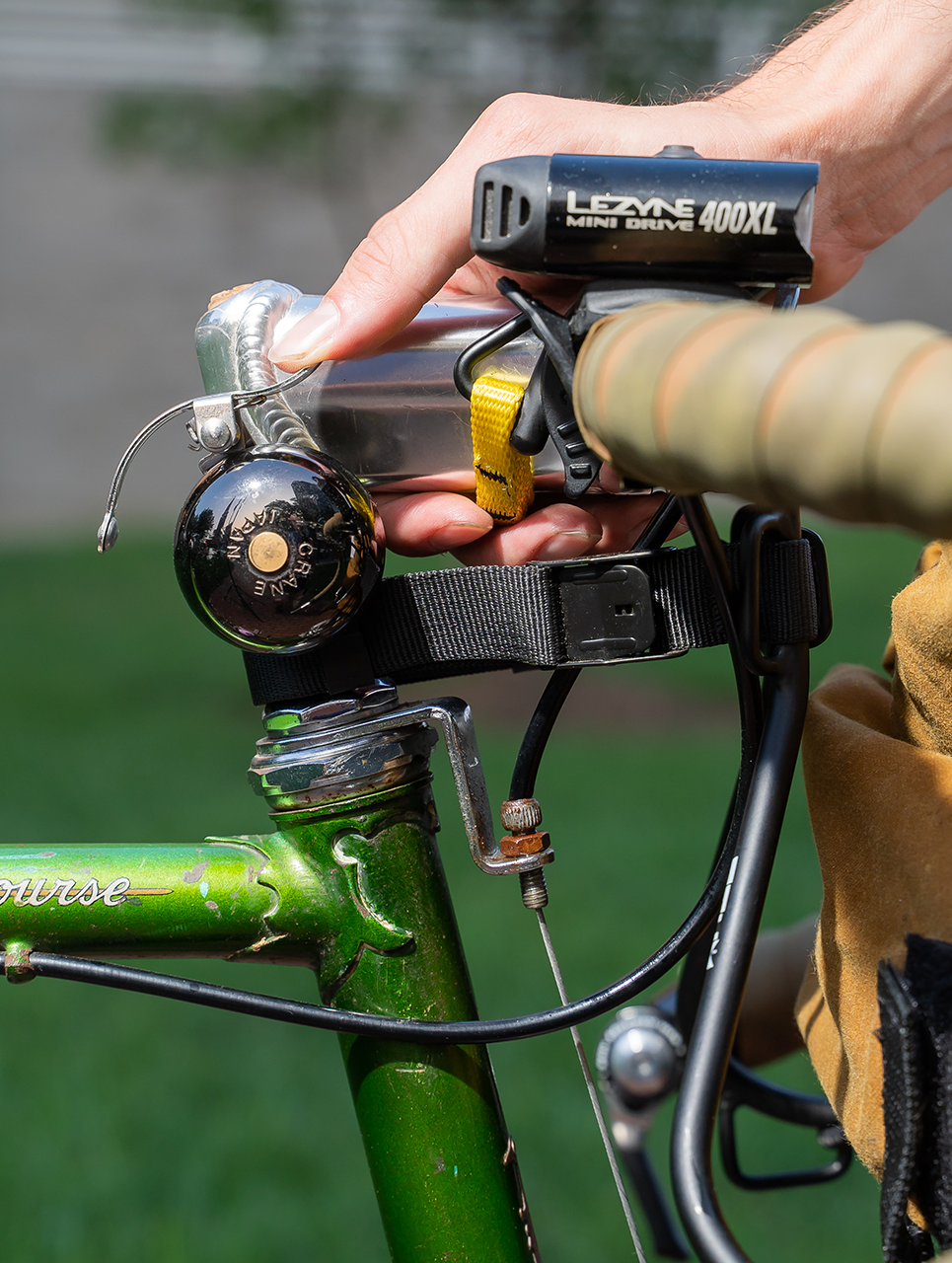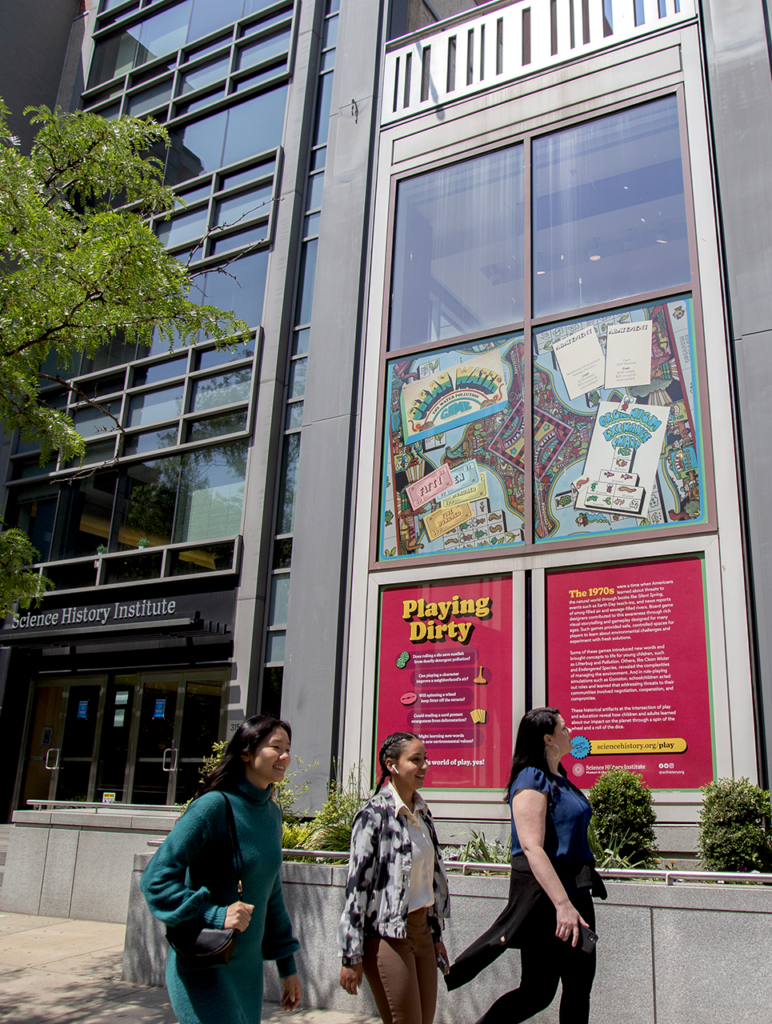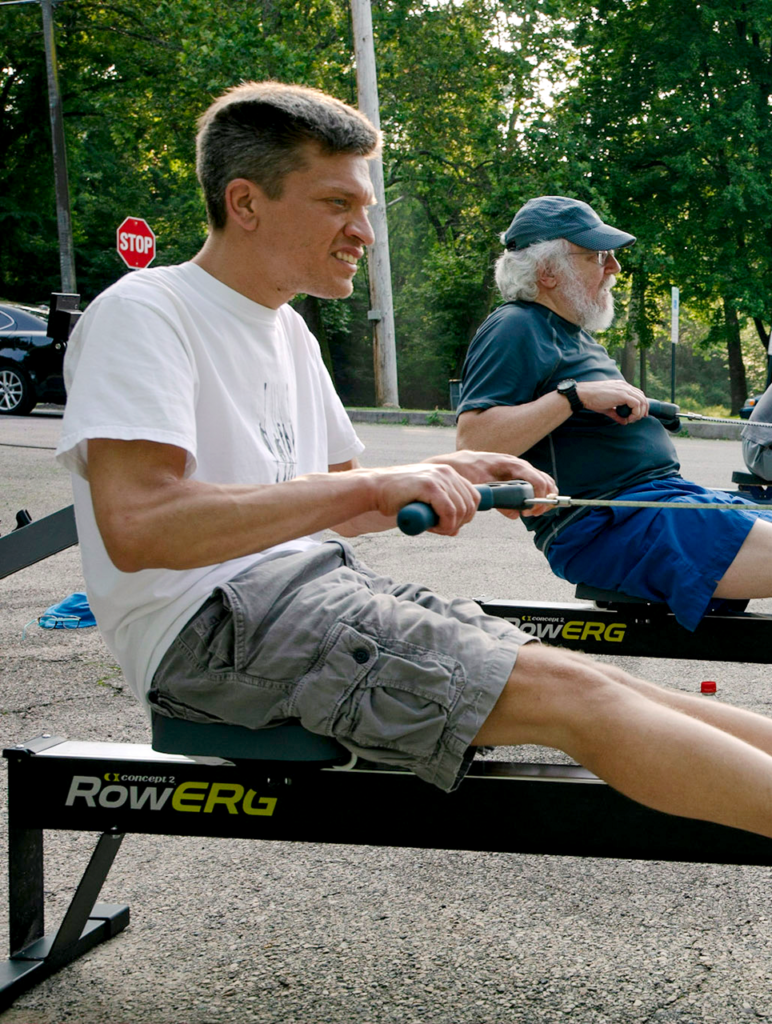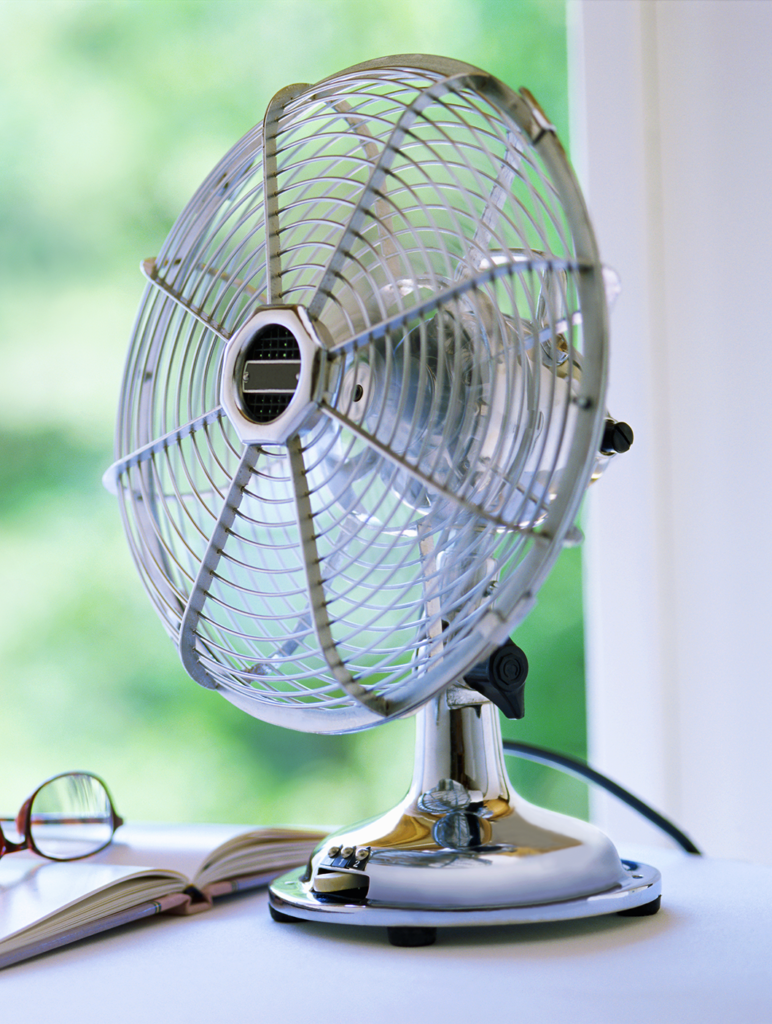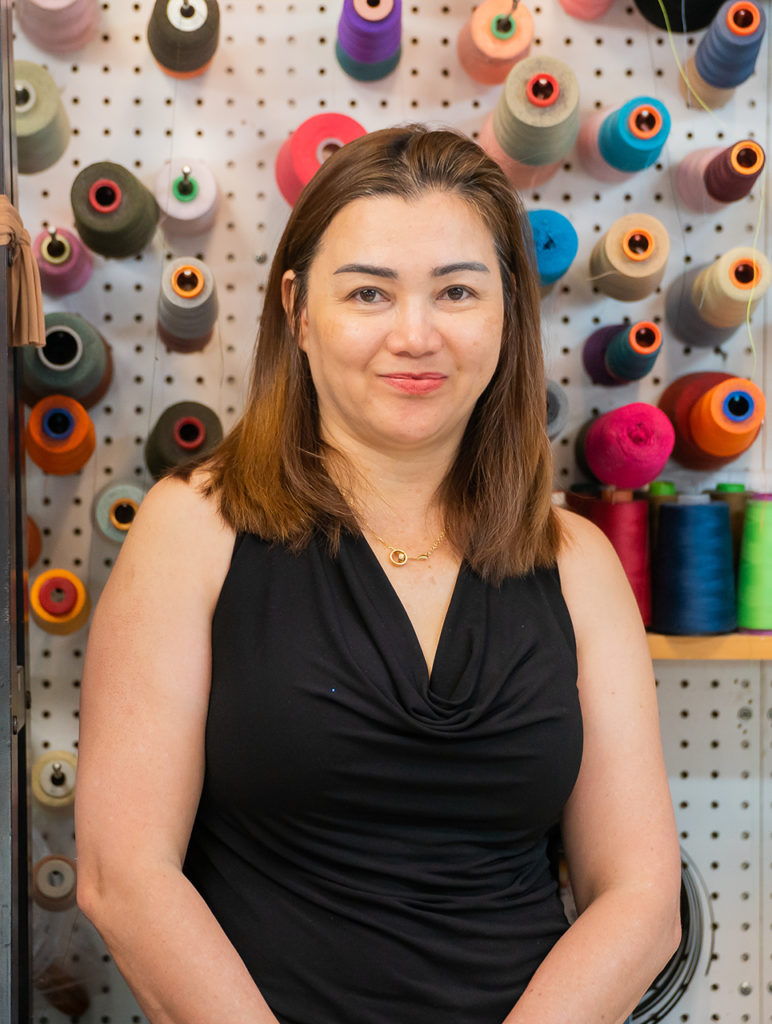Bicycles continue to evolve — with carbon fiber frames and electric motors, among other newfangled components — but the machine’s design hasn’t fundamentally changed for generations: two wheels, handlebars and a diamond-shaped frame.
Aaron Zucker, Leslie Lodwick and Alex Bomstein remind us that we can ride bikes made decades ago, that we needn’t buy the latest and greatest, that there’s still a place for durable, simple transportation in a fast-paced, urban environment.
The following interview has been edited for length and clarity.
What’s the model of your bike? How do you maintain it? Zucker: A 1972 Raleigh Super Course. Maintaining it has been easy, just some oil on the chain. I’ll usually attempt any repairs before taking it to the shop. Lodwick: A brown Ross Eurosport from the early 1980s — it was originally sold at Sears. I take it to Bell’s Bike Shop on Passyunk for maintenance once a year, since they’ve always made cost-effective but quality recommendations. Bomstein: Mine is a Giant Boulder. I take care of the routine maintenance like pumping the tires, cleaning the chains and touching up nicks at home. The rest I leave to the professionals.
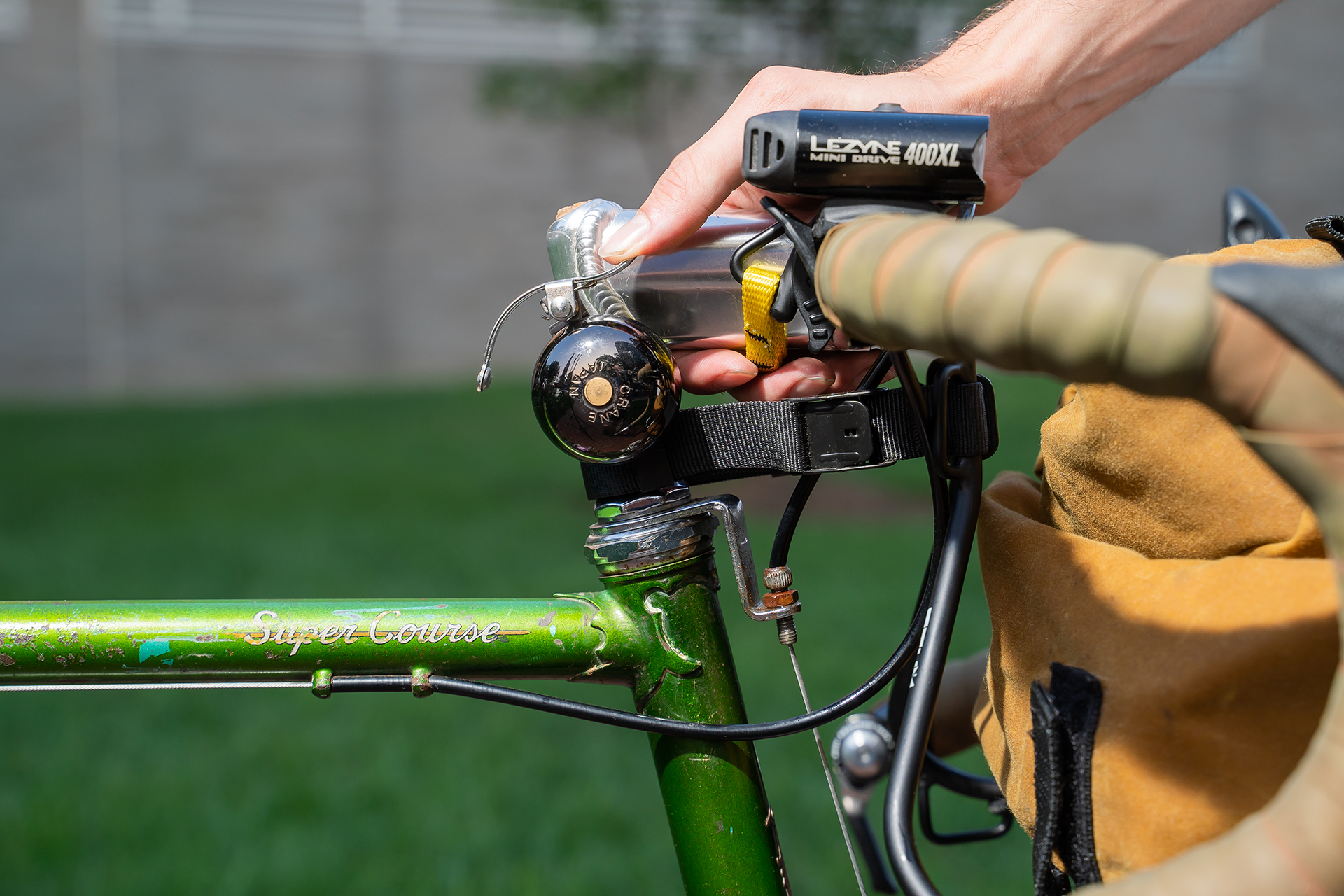
How long have you been commuting via bike? Zucker: I’m in Center City and have been commuting on it for about a year, usually between 10 to 20 minutes. Lodwick: Since 2008. I currently take my bike up to University City a few times a week to write my Ph.D. dissertation at the libraries up there. That commute is about 30 minutes. Bomstein: Work is hybrid these days, but I’ve been commuting on Rosy since 2007. When traffic is light and my limbs are limber, my commute [from South Philadelphia] can be 15 minutes or less.
What are the benefits and challenges of using an older bike? Zucker: Being a steel frame, it’s comfortable, repairable and the parts are cheaper. I don’t worry about scratches and think it’s less likely to be stolen than a newer bike. The biggest challenge is that sometimes the components don’t work perfectly. If a part is broken, it might not be available. I also worry about corrosion from water and road salt. Lodwick: When I lock my bike up, I don’t have to worry about it being stolen. I’m okay if it gets a little dinged up during city riding and commuting. It doesn’t always shift gears in a reliable way, and the frame is heavy. However, I like it because it means I can go really fast down hills. Bomstein: Between its worn looks and massive chain, it’s not a target for thieves. I don’t need to stress about it getting dirty or banged up because, well, it already is, but I don’t mind any of that.
Why haven’t you upgraded to a newer model? Zucker: I love the look, value and feel of old bikes. It’s way easier to get or build the bike you want than with a newer bike. If I wanted something more performance-oriented, I’d look at something newer. Lodwick: The price! I have my eye on a new gravel bike, but I’m still saving for it. My bike is great for the city, but I’d like to get something that’s better for longer rides and different pavements. I also worry about a new bike potentially being stolen. Bomstein: I love my bike, and you can’t buy love. If it ain’t broke, don’t fix it! We’re lucky that there are repair shops all over the place. I’d rather give my money to pay for a technician’s time than to buy a material good that needs to be mined.
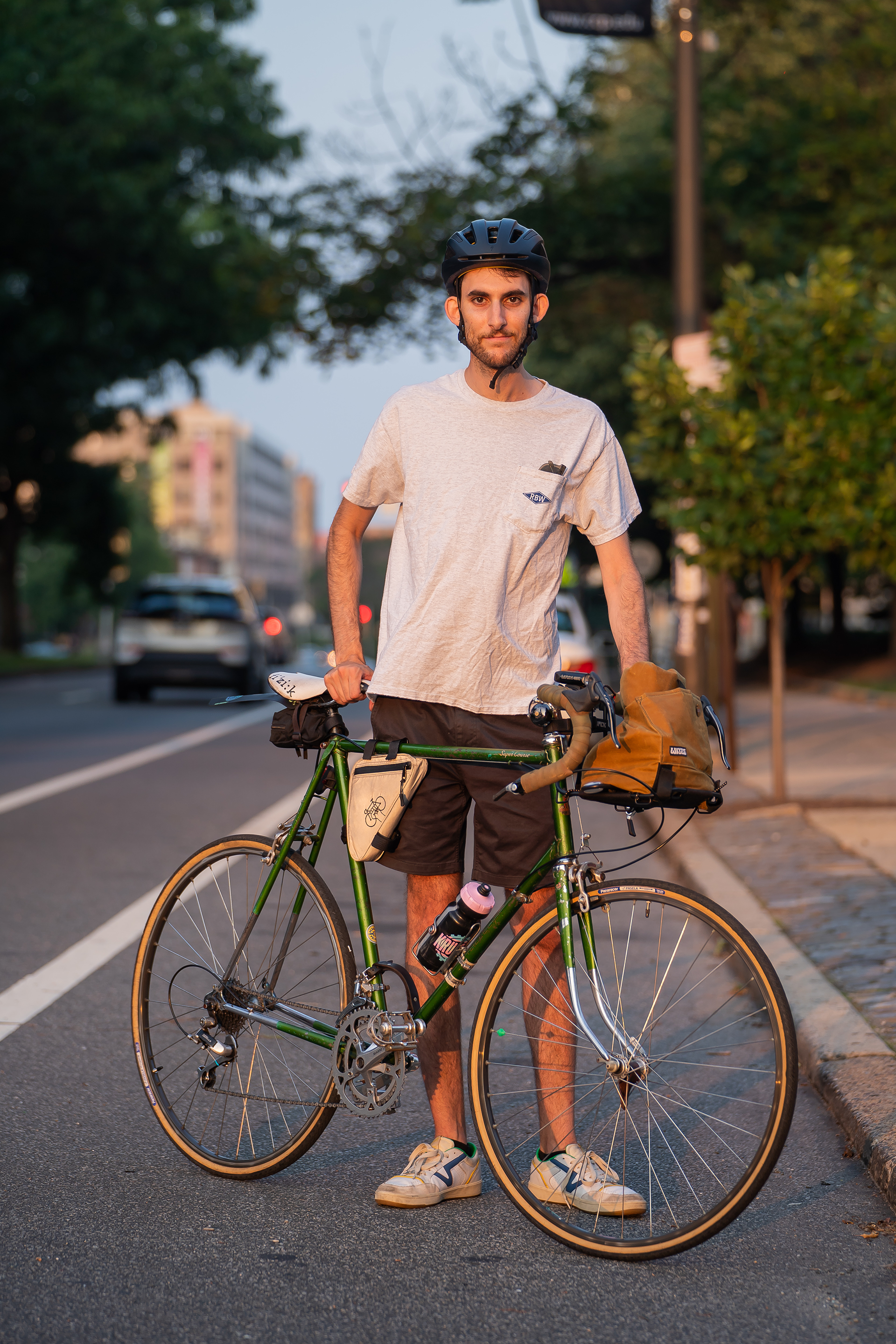
Are there any tips you’d give to commuters who are considering using an old bike? Zucker: Learn how to replace a tube and carry everything you need to do so. Invest in a good lock and learn how to lock it securely. Use good lights, and take them off the bike when you get off. Bikes haven’t changed too much in the last 100 years. Everything on a new bike works the same way as on an old bike. Lodwick: Do regular maintenance, keep it dry and learn how to fix a flat. I have had some bike shops turn up their noses at my bike because it’s old; some have even said “just buy a better bike” when I want to get something fixed. But, if you find a bike you like, that’s the most important thing. Bomstein: Do it! There are so many good bikes out there. The basic form of a bike is timeless. It can be older than you are but ride like a charm with a little TLC.
What would you like to see done to make it easier for people to commute via bike in Philly? Zucker: I would love to see protected bike lanes and more automated enforcement. Paint is not protection, and bike lanes in door zones are dangerous for many reasons. Greater enforcement of cars parked in bike lanes, more bike racks and tax incentives should exist as well. The safer we make biking, the more people will do it! Lodwick: There needs to be a bigger citywide conversation about transportation and how everyone has the right to take the kind of transportation they need. We should respect one another’s choices. On my bike, I feel like folks driving cars get really frustrated with cyclists on the road. I understand the limitations, but there are humans on these bikes who are much less protected than those in automobiles, which creates a very vulnerable feeling. Bomstein: The more we all normalize biking as transportation, the safer and easier it becomes for everyone and the more everyone can see themselves joining us. So encourage your friends, family and neighbors to get an old bike and start riding!

